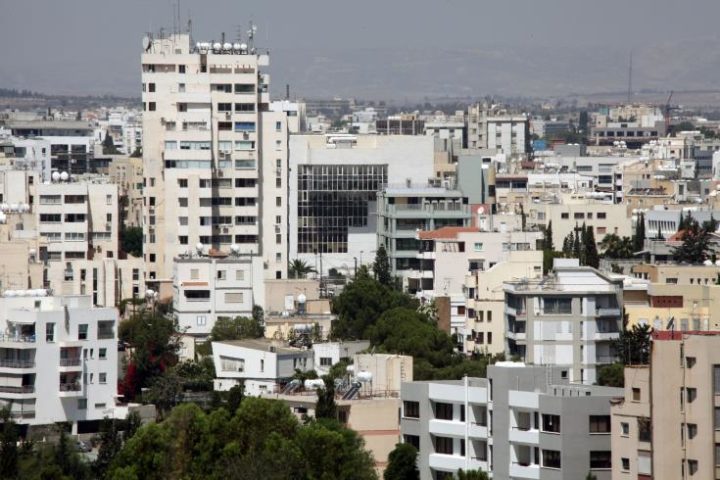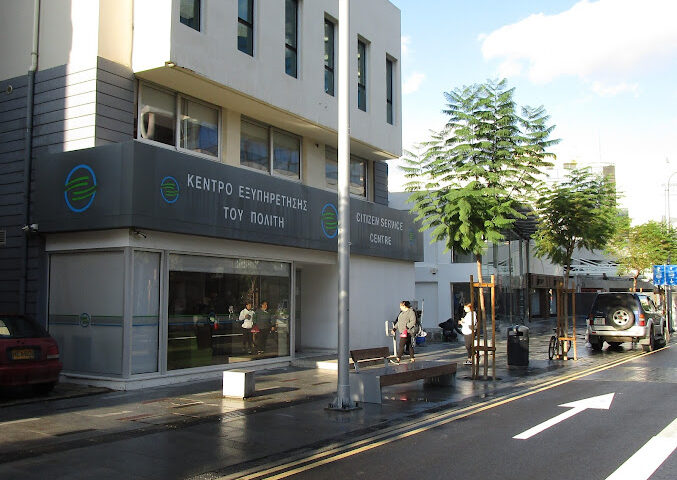To obtain a permanent residence visa, one must purchase a housing unit with a minimum value of €300,000.
For a passport (when it was operational), the minimum house value was set at €500,000 (plus VAT).
However, in some cases, real estate agents, intermediaries, development entrepreneurs and others inform prospective applicants that it is not the amount of the purchase that is relevant but how much the property is worth.
So, in our recent briefing from a client in Larnaca, a real estate agent informed him that although the apartment price he would buy is €170,000 (agreed price), he could obtain a visa because the value of the apartment is at least €300,000.
This is a con because the state will not accept such a statement in relation to the €300,000 limit.
If such promises or assurances lure the client, they will find themselves without a visa and, perhaps after paying the €170,000 plus lawyers’ and other expenses, in the cold to wonder what went wrong.
This is a dangerous development that can – along with others – damage this very successful measure by attracting foreign investors. Therefore, the Ministry of Interior should issue a directive or statement on this matter, clarifying what “value” means and its correlation with the purchase price.
In an attempt to convince unwary applicants that the lower price will have fewer transfer fees (for the benefit of the buyer), the various intermediaries and sellers will not tell them that in case of resale, the capital gains tax will be higher.
As far as transfer fees are concerned, the Land Registry will adopt its assessment.
Another curious example is that applications for visas for new properties are answered in about six months, while if the sale is for second-hand (resales), the applicant may wait a year.
This is very strange because it puts sellers on a different footing, which may or may not align with the Constitution (where everyone is equal).
I understand why this statement exists (encouraging development), but caution is needed.
Another example of fraud is the fees of lawyers and accountants to undertake the process of obtaining the visa.
An advocate asked our client in Paralimni for a fee of €7,500 for visa procedures, and when we suggested to him to refuse, he received a letter from a large law firm for the same service for €2,500.
Commission
At the same time, real estate agents, especially foreigners (Chinese), ask for a commission of ±20%.
In one case in Larnaca, the seller agreed with the Chinese real estate agent to sell his seaside home for €1,800,000, with the real estate agent collecting €800,000, even giving a Hong Kong account for the remittance.
We, therefore, wonder if the authorities in Cyprus will accept such levels of commission.
If not, the seller will pay tax on the entire amount of €1.8 million, plus the possibility of being accused of money laundering.
In another case, a Chinese real estate agent proposed to a private individual to sell a field in Protaras for €3.0 million but suggested that first a sales document be made between them (for lower), and within six months, he would sell it for much more, collecting the difference.
In this case, the problems (deposit of a sale note, taxes on a higher price) are perceived, but the estate was not worth more than €2.0 million, and the lure for the Cypriot seller was great.
As things are, this measure has brought many billions to the Cypriot economy in recent years, which could be in jeopardy due to dishonest behaviour and greed for money.
Finally (be it that there are many other scams), on the issue of racketeering, we were informed by a client, who was the major shareholder and director of a project in Ayia Napa, that with a false statement, another shareholder submitted a declaration document to the Registrar of Companies that he had bought the shares of the former and that he is the owner.
The issue was uncovered because the racketeer sold the property to third parties who also submitted the contract to the Land Registry.
Discussing the matter with the Registrar of Companies, he informed us that they cannot check the authenticity of such declarations and generally, “whatever you submit they accept” – particularly if it is in electronic form, so who is insured anymore?
Perhaps our office could also lose its property trade name because a third party submitted the relevant form to the Registrar.
It is shocking, especially coming from a country that aims to become an international financial centre.
I do not believe that such a situation exists – but it does.
Antonis Loizos F.R.I.C.S. – Antonis Loizou & Associates EPE – Property Appraisers, Property Sellers & Development Project Managers










